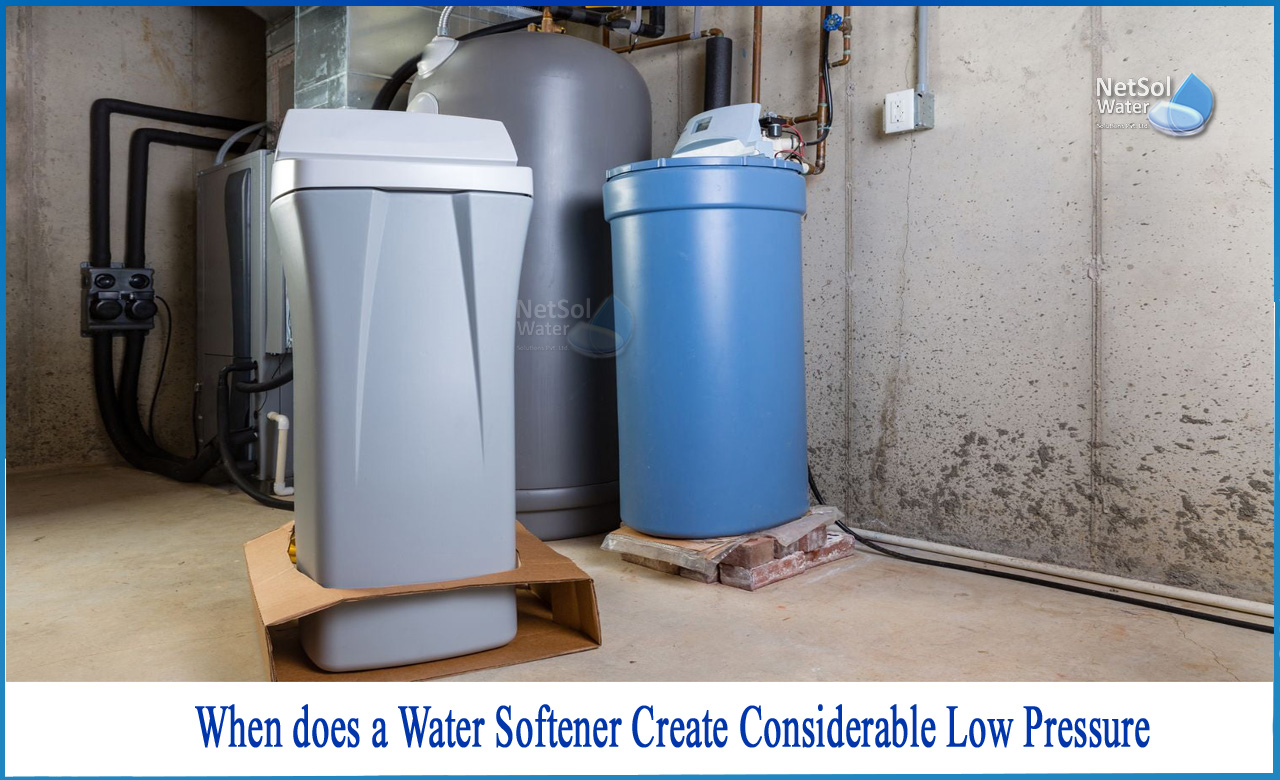When installing whole-house water treatment equipment, one of the most important factors to consider is pressure loss or pressure drop.
Under flowing conditions, any equipment added to the plumbing in a property on a public water supply, or downstream of the pump on a private well system, will result in a reduction in water pressure. When water flows through each of these pieces of equipment, it creates more friction, which causes the pressure to drop. The higher the flow rate, the more friction there is and the more pressure is lost through the apparatus. And the pressure-drop characteristics of different equipment’s will vary. Because it produces comparatively little friction for the water moving through it, a big diameter, smooth, straight pipe, for example, will have minimal pressure loss.
The two major components of water softeners that contribute to pressure drop:
1- Control Valve
2- Media bed
To offer a more effective flow path and prevent pressure loss, they may use gravel or other larger particle size media in the media bed. They may also design the service flow path through the control valve to minimize changes in water flow direction and to increase the diameter of the flow path, lowering the equipment's pressure drop.
When does a Water Softener create considerable low pressure?
Water softeners that aren't working, pressure-reducing valves (PRVs), and leaking or blocked pipes are all common reasons of low water pressure in homes.
Reasons for low water pressure
1: Due to a blockage: Water softeners can create low water pressure due to system obstructions or recharging cycle malfunctions. Look for the bypass valve, which is usually on top of the water softener, to see if it's creating low water pressure. Check to determine if the water pressure has improved after turning on the bypass valve.
If the water pressure has increased, the water softener may be to blame for the low pressure and should be serviced. If you have low water pressure after installing a new water softener. It's possible that the new water softener was put incorrectly, and you'll need to call the installation firm for assistance.
2: The sediment filter has become clogged: Filters can be added to water softeners to trap particles in the water before they enter the remainder of the system. These, like other filters, must be cleaned or replaced on a regular basis. If they clog, water flow will be restricted, resulting in low pressure.
3:The resin bed has become blocked: If sediment gets through the filters, it can build up in supply pipes or the resin bed, causing water flow to be restricted. The similar problem might be caused by iron or scale clogging the pipes or bed. The tank must be cleaned as a remedy. If iron build-up is a problem, try adding mineral cleanser to the bed or having your water softener regenerate more frequently.
4:A fixture has been clogged with resin that has escaped: If you don't change the resin in your tank on a regular basis, it will deteriorate and break down. It can then make its way through your plumbing system, obstructing faucets or shower heads. The water pressure in that area would reduce, but not necessarily elsewhere in your home. Clean the fixture and flush the pipes if this seems to be the issue. The resin should next be tested to see if it needs replacement.
5:Your water softener is simply insufficient: You'll have persistently low pressure if the appliance doesn't have enough capacity to keep up with your family's water demand.
If you install a new water softener, you'll notice right away that it's undersized since you'll notice low water pressure right away. However, as your family grows, you may outgrow your water softener, in which case you'll need to upgrade to a larger device.
Experts use the following formula to find the most efficient size for a home Water Softener:
“Multiply the number of individuals by the number of gallons used per person per day and the number of grains of water hardness.”
If you want to know more about Water Softener issues, then you are at the right place!
You can have an expert solution upon contacting Netsol Water, a leading manufacturer of Industrial and Commercial Water treatment plants (Water Softeners) and Wastewater treatment plants, among other services. Our treatment systems are very effective at removing all types of chemical, physical, and biological pollutants.
Netsol Water is Greater Noida-based leading water & wastewater treatment plant manufacturer. We are industry's most demanding company based on client review and work quality. We are known as best commercial RO plant manufacturers, industrial RO plant manufacturer, sewage treatment plant manufacturer, Water Softener Plant Manufacturers and effluent treatment plant manufacturers. Apart from this 24x7 customer support is our USP. Call on +91-9650608473, or write us at enquiry@netsolwater.com for any support, inquiry or product-purchase related query.



